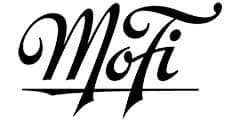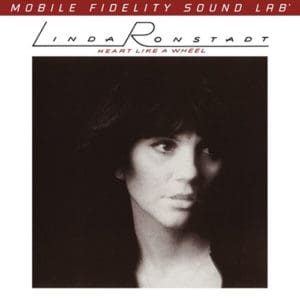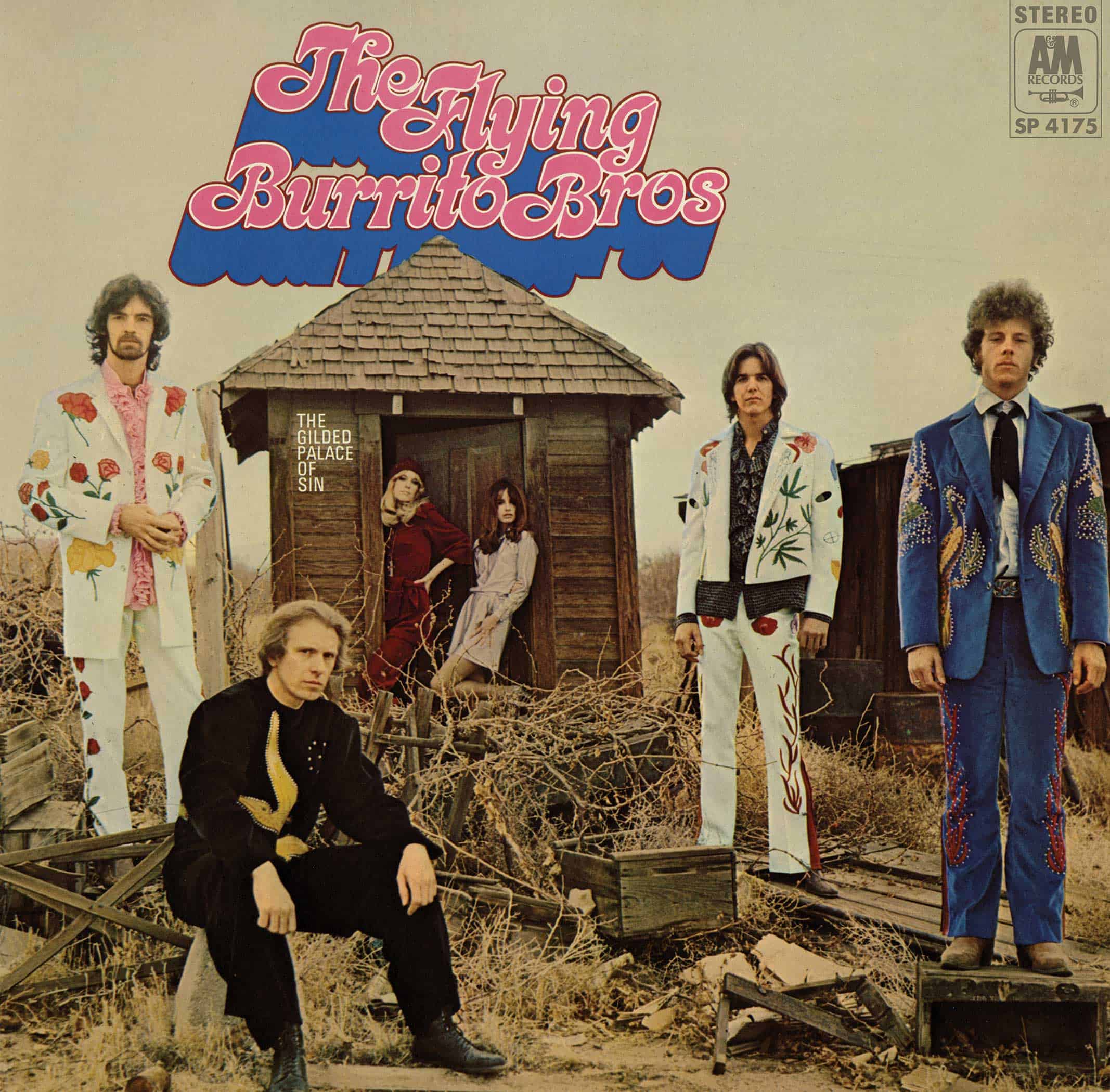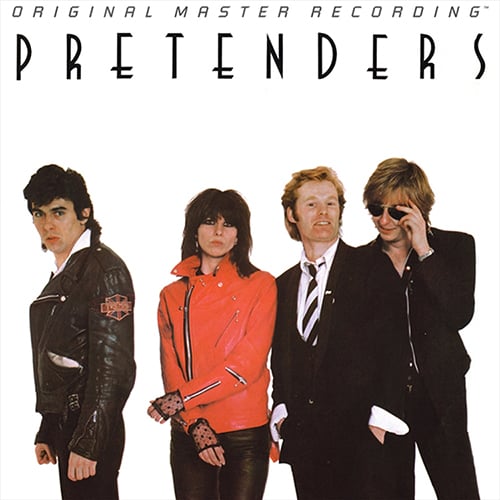Marketplace
2017 Mobile-Fidelity Sound Lab PRESSING
- Catalog Number MFSL 1-472
- Release Year 2017
- Vinyl Mastering Engineer Krieg Wunderlich
- Pressing Weight 180g
- Vinyl Color No
- Jacket Style Gatefold
- 100% Analog Mastering Yes
- Pressing Plant RTI
- Original Release Year 1974
- Original Label Capitol
- Original Catalog Number SW 11358
When listening to this album I think of this band or music:
The ghosts of Gram Parsons and Buddy Holly can be felt throughout these sessions—as well as the influences of Jimmy Webb and Glen Campbell. Linda Ronstadt and her collaborators take those elements and infuse them with a laid-back California Tao. You could also call it L.A.-style countrypolitan.
Music from this album would be a great soundtrack to this movie:
I’d love to see Hell or High Water director Taylor Sheridan take on the darker corners of 1970s California. If he ever does, a number of the album’s songs (“The Dark End of the Street” and “Faithless Love”) would be great mood setters for a grim vision of the Great American West.
It’d be hard to pick a better highly polished mid-70s country rock gem than Linda Ronstadt’s Heart Like a Wheel. Recorded in the summer of 1974, the credits on the singer’s fifth studio album read like a who’s who list of L.A. studio pros. To boot, the well-paced collection of bittersweet tunes by songwriting aces such as Hank Williams, James Taylor, and Phil Everly is wrapped in Peter Asher’s rich, warm production and Andrew Gold’s energetic arrangements.
While Heart Like a Wheel was a breakout hit, Ronstadt had already been laboring for years. She toured with folk ensemble the Stone Poneys in the late 60s before playing as a solo artist, opening for everyone from Neil Young to Jackson Browne. By doing so, she forged dozens of connections with California’s up and comers. Her close relationship with the Eagles started when she invited Glenn Frey, Bernie Leadon, Don Henley, and Randy Meisner to serve as her back-up band in 1971. Heart Like a Wheel feels like the triumphant culmination of those collaborations.
Yes, her previous albums featured cover material, but here, Ronstadt becomes a master of interpretation. She takes Lowell George’s stoner country ballad “Willin’” and imbues the “weed, whites, and wine” chorus with a sadness and longing no other version possesses. And with all due respect to soul singer Betty Everett’s 1963 version of Leiber and Stoller’s “You’re No Good,” Ronstadt’s treatment gives the song an urgency and anger missing from the original hit single.
Primarily recorded at the Sound Factory and a number of other top spaces (like Trident Studios in London) and mastered by Bernie Grundman, Heart Like a Wheel ranks as one of the period’s most sonically rewarding pop efforts. The 1975 U.S. pressing used as a comparison for this review sounds full, three-dimensional, and dynamic—which makes the stunning improvements wrought by engineer Krieg Wunderlich on the 2017 Mobile Fidelity Sound Lab remaster all the more noteworthy.
While Mobile Fidelity couldn’t ultimately determine whether the tapes used were definitely the original masters, all the best qualities of the original pressing are made more immediate and engaging on the 180-gram reissue. Bass and drums tracks, which were already substantial, now fill the listening space with added force. Soundstages and instruments are more palpable, resulting in a sense of being present at the recording session. Delivering all the sonic goodness on ruler-flat, dead-quiet vinyl housed in a sturdy, tip-on gatefold package, Mobile Fidelity’s analog version of Heart Like a Wheel is worth every penny.
Heart Like A Wheel


 4.5
4.5


